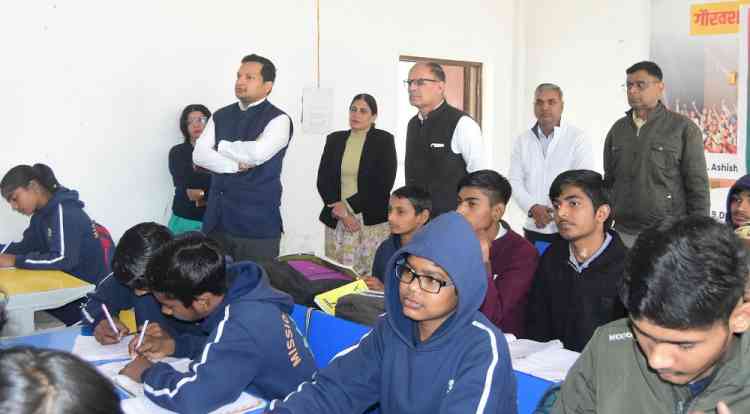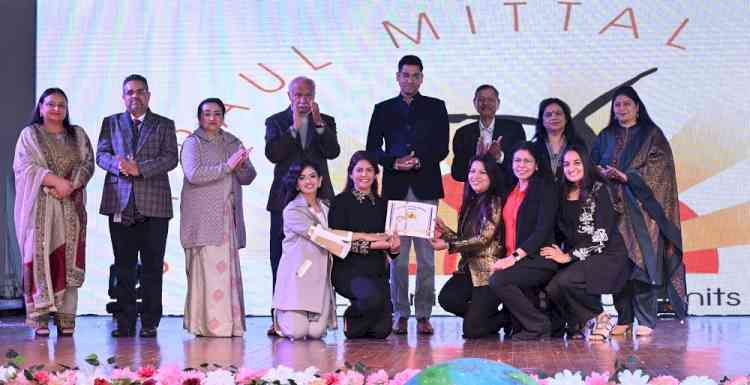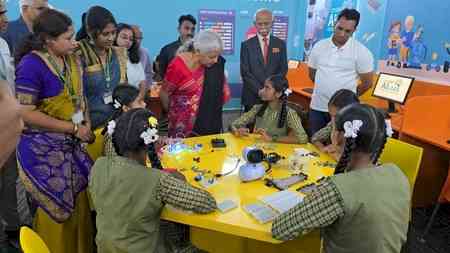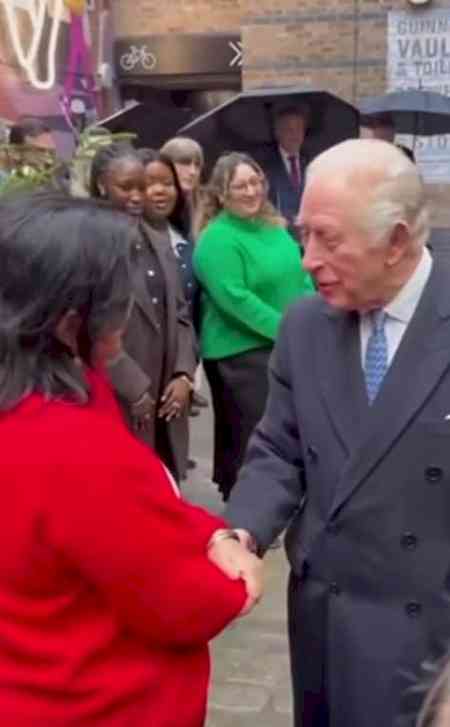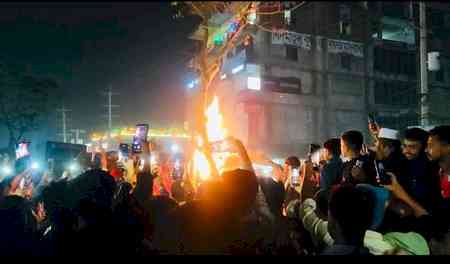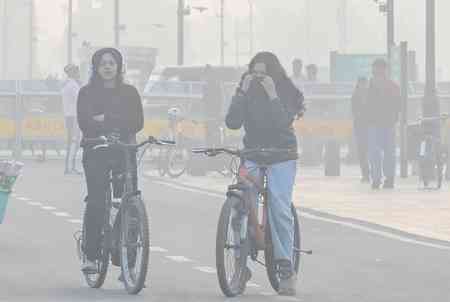SCS research on media coverage of HPV vaccine highlighted by USAID knowledge-sharing initiative
India records the highest rate of HPV-caused cervical cancer in women

Chandigarh: The Communication Initiative Network (CI) has featured and highlighted a research publication of Prabhjot Sohal, Ph.D. candidate and Senior Research Fellow (UGC), at the School Communication Studies (SCS), Panjab University, Chandigarh, under its Health Social and Behaviour Change Network in partnership with Breakthrough ACTION - a United States Agency for International Development (USAID) initiative. The research publication of the doctoral candidate, who is currently under the supervision of Prof. Archana R. Singh of the SCS, examined the tone and framing of media coverage of the Human Papillomavirus (HPV) health issues and HPV prophylactic vaccine by the Indian news media for the period of 2015-2018.
India records the highest rate of HPV-caused cervical cancer in women, other HPV infections and mortality. The SCS research on HPV vaccine was highlighted by CI considering the significance of its findings to the International Development Community. The CI convenes the communication and media development, social and behaviour change community with its several high-profile partners. The SCS research was featured in the space supported by Breakthrough ACTION, a five-year cooperative agreement funded by the USAID to lead their social and behavior change programming around the world.
The highlighted research publication titled “Media Framing of Human Papillomavirus (HPV) Health Issues and HPV Vaccine-Related Sentiment in English Language News Media in India (2015-2018)” revealed a predominantly positive sentiment in the Indian media with a marginal presence of thematically framed negative and contested opinion against the HPV vaccine. Most significantly, all the stories with negative and contested sentiment included references to the 2009 HPV vaccine trial controversy in India, and associated vaccine inefficacy with the alleged ethical violations in the trials without establishing scientific causality. The research also revealed that the coverage by media lacked local and regional perspectives. According to the research routine media framing of the HPV vaccine issue within an economic Determinants of Health (DOH) category suggests that the media's perception of economic factors, such as the cost of the vaccine and affordability of health services and interventions, are front of mind in a low-income country like India. The complete summary of the research can be read on the CI website: comminit.com.
SCS conducts research in health communication and has facilitated development of key knowledge in the area under the supervision of Prof. Archana R. Singh. Prof. Singh has been involved in health communication research for over two decades. Under the supervision of Prof. Singh, Dr. Anu Dua Sehgal earned her doctoral degree on Pulse Polio Campaigns in 2010, and currently two Senior Research Fellows (UGC), Prabhjot Sohal and Priyanka Ohri are pursuing their doctoral degree. Prabhjot is examining the critical and linguistic aspects of the health discourse in Indian media, while Priyanka’s research focuses on health knowledge, practices and behaviour among the tribal population in Himachal Pradesh.
The HPV is abundantly present in the environment and certain high-risk type of HPV strains can cause cancers of cervix uteri, penis, vulva, vagina, anus and oropharynx in women as well as men. Immunization against the high-risk HPV serotypes through HPV vaccines can efficiently prevent related diseases and cancer. Presently, the HPV vaccine is not provided under the Universal Immunization Programme (UIP). However, its inclusion in the UIP has been approved by the National Technical Advisory Group on Immunization (NTAGI).


 cityairnews
cityairnews 
